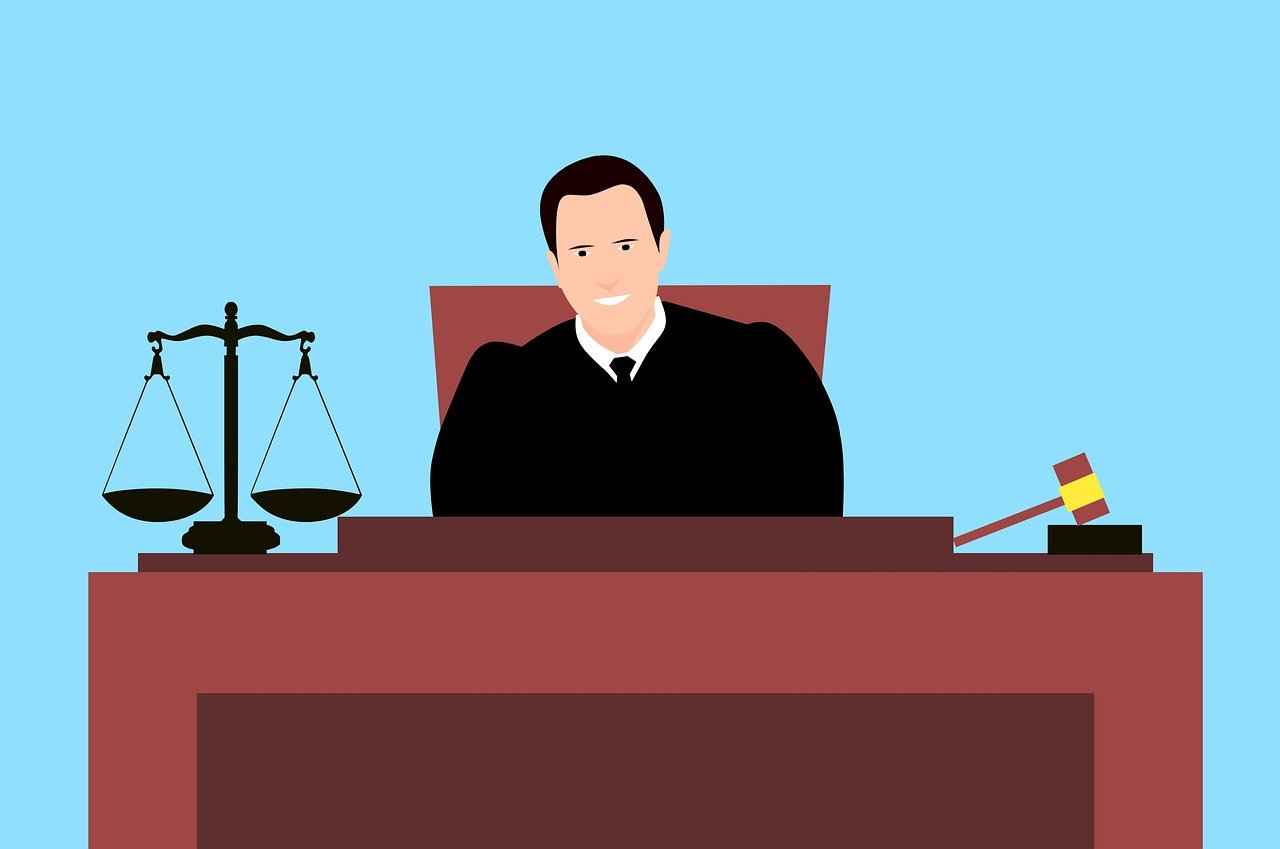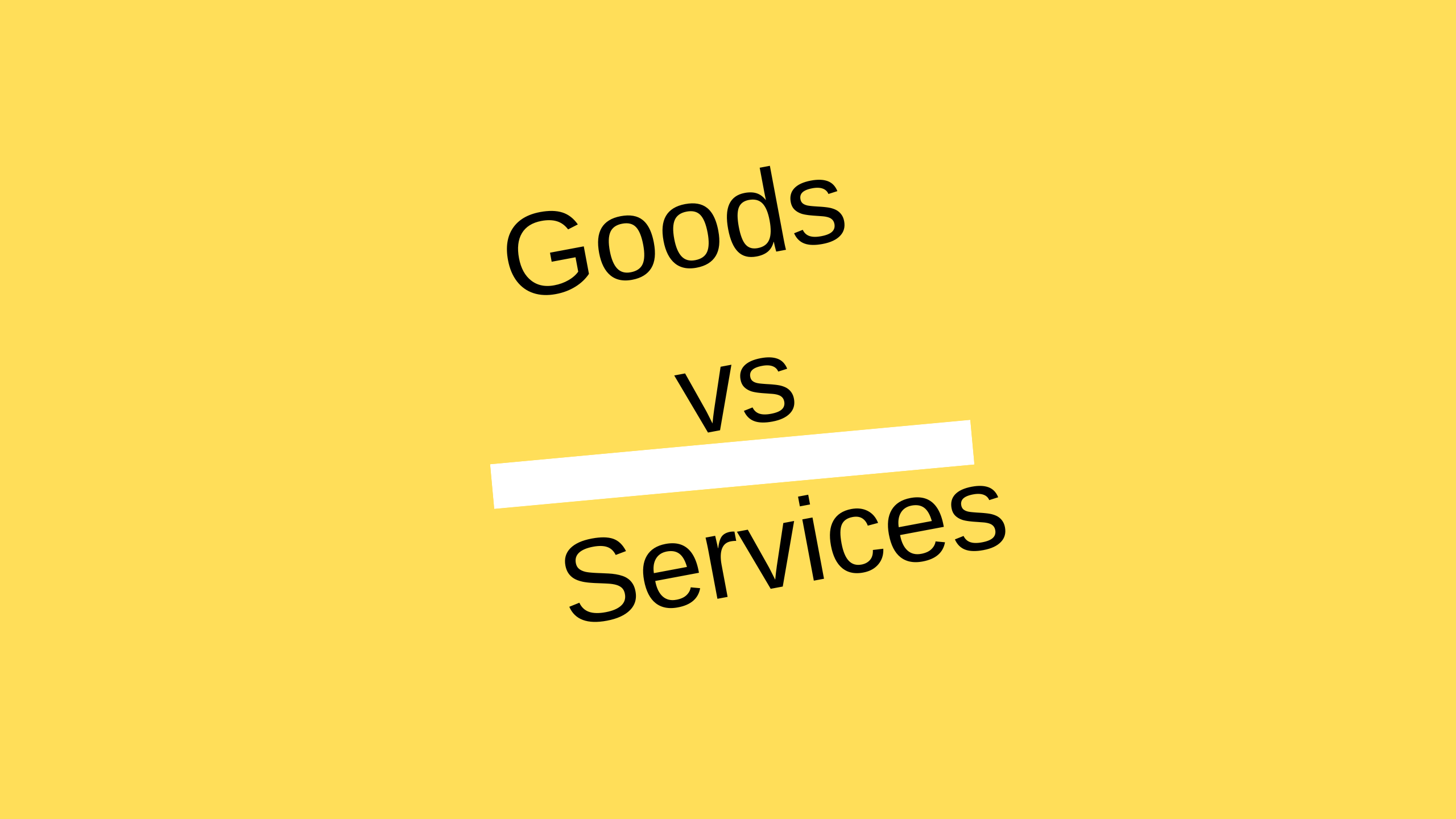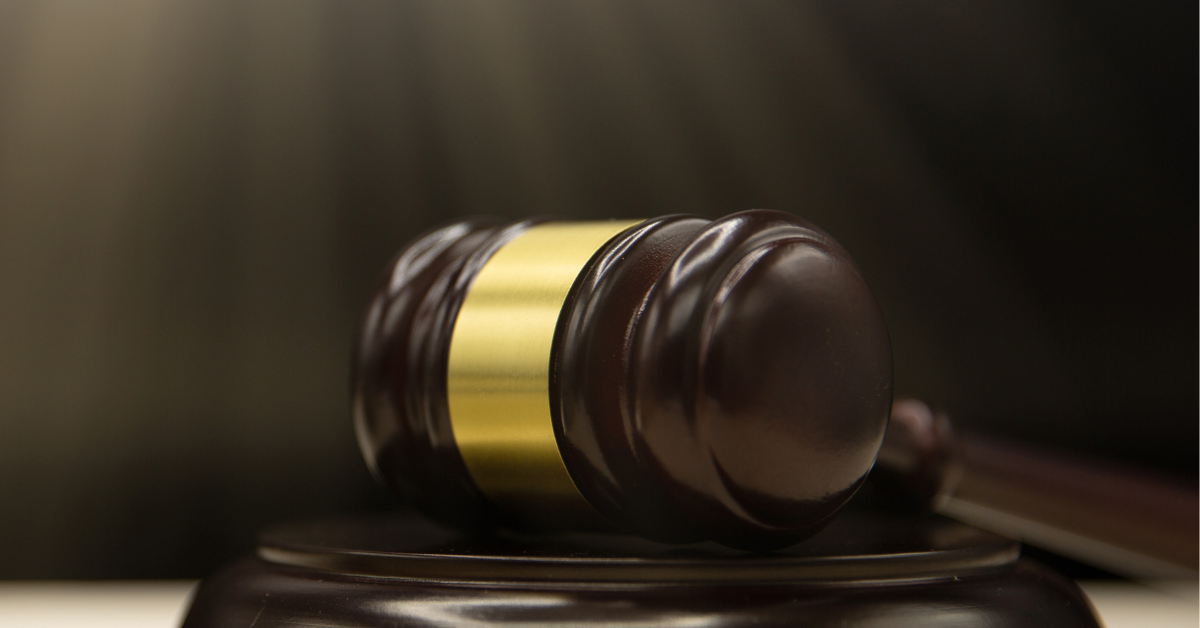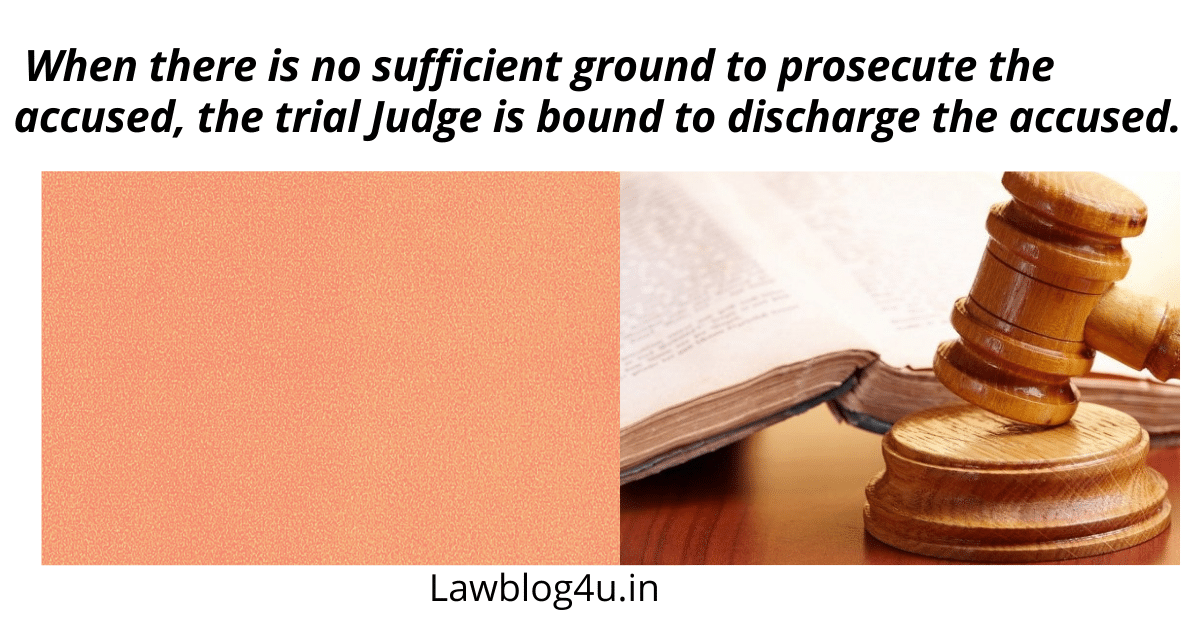Who is the Plaintiff in a Court of Law? A plaintiff is a party that brings legal action against that party that causes harm in a court of law. On the other hand, a defendant is the party against which the plaintiff lays a suit. In other words, we can say that a plaintiff is […]
Category: Law Notes
Who is a Defendant in Court?
What is a Written Statement under CPC?
There is no particular definition described of a written statement under CPC. We can say that a written statement is the primary defense given by the defendant in response to the plaintiff’s suit. A written statement is also included in a pleading. In this way, a written statement is also treated as a pleading that […]
What is the distinction that makes a difference between goods and services?
Introduction Goods and services play important roles in the growth of the business economy, both are commonly pronounced in the same terms, but there is a difference between goods and services. Generally, it provides by the companies to the customers as per their demand and utility satisfaction purposes. These days, we can say that providing […]
What is the applicability of Doli Incapax in IPC?
Meaning and explanation of Doli Incapax The word Doli incapax basically comes from the Latin word which is mentioned about the presumption theory of criminal responsibility in the law. As per this theory, a child is not capable of committing an offense with criminal intent. This maxim presumes that a person who acts in any […]
What is the Importance of Sales and Distribution Management?
Introduction Sales and distribution management has long been a problem in the commercial world. Raw materials may arrive too soon and spoil before they are utilized. Alternatively, completed items may come late, enabling a rival to take the lion’s share of the market. Effective Sales and distribution management is so important that sub-discipline techniques like […]
What is The Need for consumer protection in India?
Introduction In recent years, consumer understanding of their legal rights has steadily increased. Consumer protection is a worldwide acknowledgment and worries that consumers are a weak party when it comes to purchasing products and services as compared to the producers and dealers who make and sell them. In an ideal world, a market economy in […]
know the Concept of Audi Alteram Partem
Introduction Natural justice is a fundamental right of every person, which is not possible without an equal legal framework. The Audi alteram partem concept is a base of natural and equal justice. It is only possible when both parties are heard. There is no chance of fair justice without hearing the other side. The main […]
When there is no sufficient ground to prosecute the accused, the trial Judge is bound to discharge the accused.
Criminal P.C. (2 of 1974), S.227- It is clear from Section 227 that the trial Judge is bound to discharge the accused if he considers there is no sufficient ground for proceeding against him. First, we have to know what the provision of section 227 of Crpc is saying? Section 227 of the Criminal Procedure […]
An injunction order based on an undertaking, can be punishable if party makes violation of it.
If the party has given an undertaking, it has become a ground for rejecting the injunction order. The undertaking is part of the order, and violating it makes the party liable for punishment. Punishment for breach of an injunction under Order 39 Rule 2 (3) of the Civil Procedure Code,1908 At the time of hearing […]










